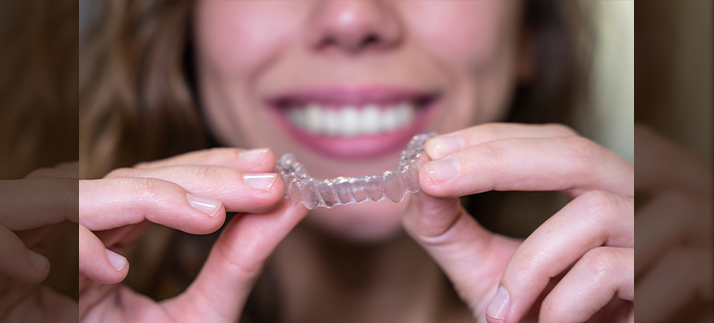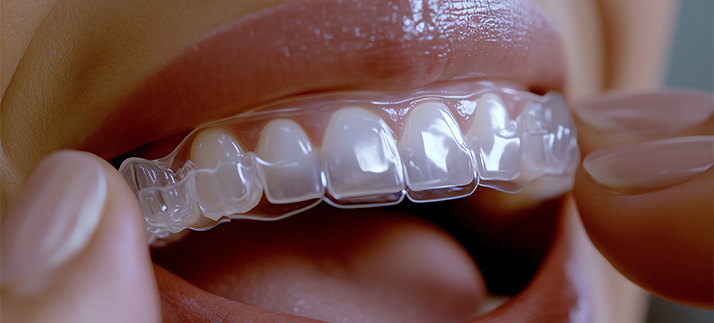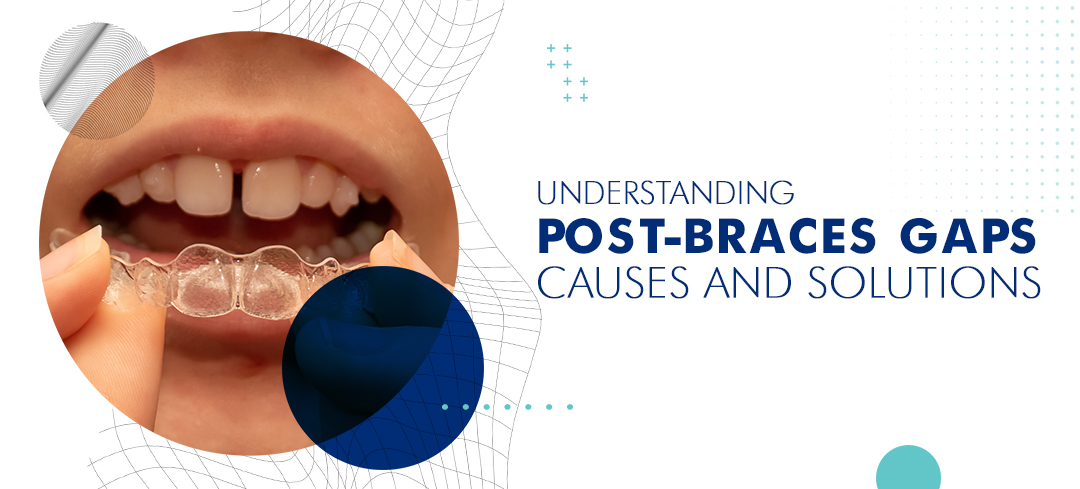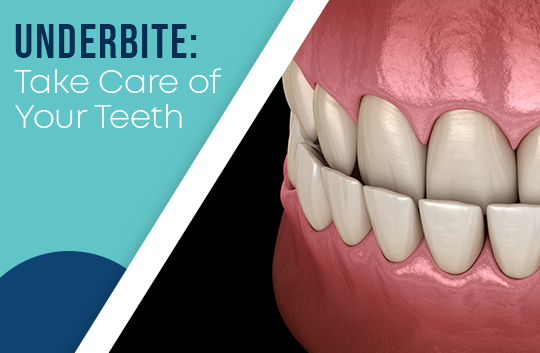

How Composite Treatments Whiten Your Teeth for Confident Look
- Knowing the truth for Composite Treatments
- Benefits of Composite Treatments for Teeth Whitening
- How Composite Treatments can Whiten Teeth
- Different Types of Composite Treatments for Teeth Whitening
- Composite Treatments versus Traditional Teeth Whitening Methods
- Factors to Consider before Choosing Composite Treatments
- Post-Treatment Care for Composite Treatments
- How Long Will the Effects of Composite Treatments Last?
- Composite Treatments for Your Sensitive Teeth
- Composite Treatments for Discoloration and Stubborn Stains
- Composite Treatments for Cracked or Chipped Teeth
- How do composite treatments whiten teeth?
- Are composite treatments safer option?
- How long will composite treatments last?
- What is the cost of composite treatments?
Do you know composite bonding has gained great popularity in the recent years for improving tooth shape and colour? Well, a brighter and healthy smile is very pleasing and has a vital role in improving confidence levels and overall well-being. Here we give a comprehensive overview of the treatment, its benefits and how it can be compared to whitening procedures.
Knowing the truth for Composite Treatments
Composite materials which are used in teeth bonding treatments work by adhering to the teeth surface and changing their colour. Unlike the traditional teeth whitening methods which depend on the bleaching agents, composite treatments have the combination of bonding agents and tooth-coloured composite materials for attaining brighter and whiter smile. This method enables for a good and natural result with less risk of tooth sensitivity.
Benefits of Composite Treatments for Teeth Whitening
One of the benefits of composite treatments is long-lasting results. Unlike traditional teeth whitening methods which need frequent touch-ups, composite treatments provide brighter smile for many years with proper care. These treatments are customisable to meet the needs of individuals, allowing dental professionals to match the shade of composite material to patient's natural teeth. Besides, composite treatments are minimally invasive which can maintain the teeth structure and improve overall appearance.
How Composite Treatments can Whiten Teeth
Composite treatment involves various steps. Firstly, the teeth will be cleaned thoroughly and then prepared for the procedure. After this, the bonding agents can be applied to the teeth surface for creating strong bond between the composite material and the tooth enamel. A composite material chosen to a specific colour usually whiter, is carefully applied and shaped to attain the most desired result. Finally, your treated teeth are polished for a natural and smooth finish.
Different Types of Composite Treatments for Teeth Whitening
There are three types of composite treatments for teeth whitening. These include – direct composite veneers, indirect composite veneers, and composite bonding.
- Direct composite veneers – It involves applying composite material directly to your teeth and shaping them to improve their appearance.
- Indirect composite veneers – These are fabricated in a dental laboratory and then bonded to your teeth.
- Composite bonding – It is a versatile procedure used to repair cracked or chipped teeth and improve their shape and colour.
Composite Treatments versus Traditional Teeth Whitening Methods
Various factors are taken into consideration at the time of comparing composite treatments to the traditional teeth whitening procedures.
- Both the methods can improve tooth colour in terms of effectiveness.
- Composite treatments provide long lasting effects in comparison to whitening which require frequent touch-ups.
- Whitening involves no changes to the tooth enamel surface or addition of material.
Factors to Consider before Choosing Composite Treatments
Before you may decide on composite treatments, it is important to consider several factors. Dental health and past history are vital in determining whether an individual is the suitable candidate for these treatments. Besides, the estimated budget should be taken into consideration as dental insurance plans may not cover composite treatments. Make sure you have clear understanding and communicate this with the dental professional to ensure your expectations are set in a realistic way.
Post-Treatment Care for Composite Treatments
If you want to maintain the results of composite treatments, make sure to follow proper post-treatment care. This includes practising good dental hygiene habits by brushing and flossing daily as well as having routine oral check-ups. It is advisable to avoid consuming foods and beverages which cause stain to the teeth, such as tea, coffee and red wine. Use a straw when you drink stained-causing liquids which can lessen contact with the teeth.
How Long Will the Effects of Composite Treatments Last?
The longevity of composite treatments will depend on several factors such as dental hygiene practices, dietary habits, and individual choices on lifestyle. The treatment can last between five to ten years with proper care and maintenance, on an average. It is important to note that the colour of composite material may change over time due to the exposure to stained-causing substances.
Composite Treatments for Your Sensitive Teeth
One of the major benefits of composite treatments is their suitability for people who have sensitive teeth. Unlike the traditional teeth whitening methods that can be the reason for tooth sensitivity, composite treatments can be tolerated by the ones with sensitive teeth. These bonding agents used in the treatments can cover the tooth surface and lessen the risk of further sensitivity.
Composite Treatments for Discoloration and Stubborn Stains
Composite treatments may effectively address deep stains and discolouration that seem to be resistant to the whitening treatments. When you apply composite, you might cover up stubborn stains and attain brighter smile. This method of applying tooth-coloured composite materials directly to your teeth is extremely beneficial for individuals having intrinsic stains caused due to factors like genetics or medication.
Composite Treatments for Cracked or Chipped Teeth
Apart from teeth whitening capabilities, composite treatments can be used to restore cracked or chipped teeth. Dental professionals will reshape and rebuild the teeth with composite materials application to damaged areas for improving the appearance and functionality. This method is a conservative option to other restorative treatments, such as veneers or crowns.
Thus, composite treatments for teeth whitening provide several benefits such as customization options, minimally invasive procedures and long lasting results. Individuals will be able to take informed decisions about their dental health by knowing the science behind these treatments and comparing them to the traditional teeth whitening methods. Some factors include – oral health, approximate budget, and desired results before choosing composite treatments. You need to consult with the dental professional for getting personalized recommendations and attain the best possible results.
How do composite treatments whiten teeth?
Composite treatments help to whiten teeth by covering up discolouration and stains on your tooth surface. The resin material used in the treatment matches with natural colour of the teeth and can be applied to the tooth surface for creating brighter and uniform appearance.
Are composite treatments safer option?
Yes, composite treatments are a safe option and are a cosmetic dental method. The materials used in the treatment are non-toxic and do not have many documented cases of allergy or rejection.
How long will composite treatments last?
The lifespan of composite treatments will differ based on diet, dental hygiene habits and lifestyle. With proper care and maintenance, composite treatments are meant to last on average for 5 to 10 years before replacing them.
What is the cost of composite treatments?
The cost of composite treatments will differ based on the extent of the treatment and location of dental practice. Composite treatments are less costly when compared to cosmetic dental procedures, such as crowns or veneers.
Thus, composite treatments can provide brighter and healthy smile for many years with proper care and maintenance.
 70 Great Russell St, Holborn, London WC1B 3BN, UK
70 Great Russell St, Holborn, London WC1B 3BN, UK



























